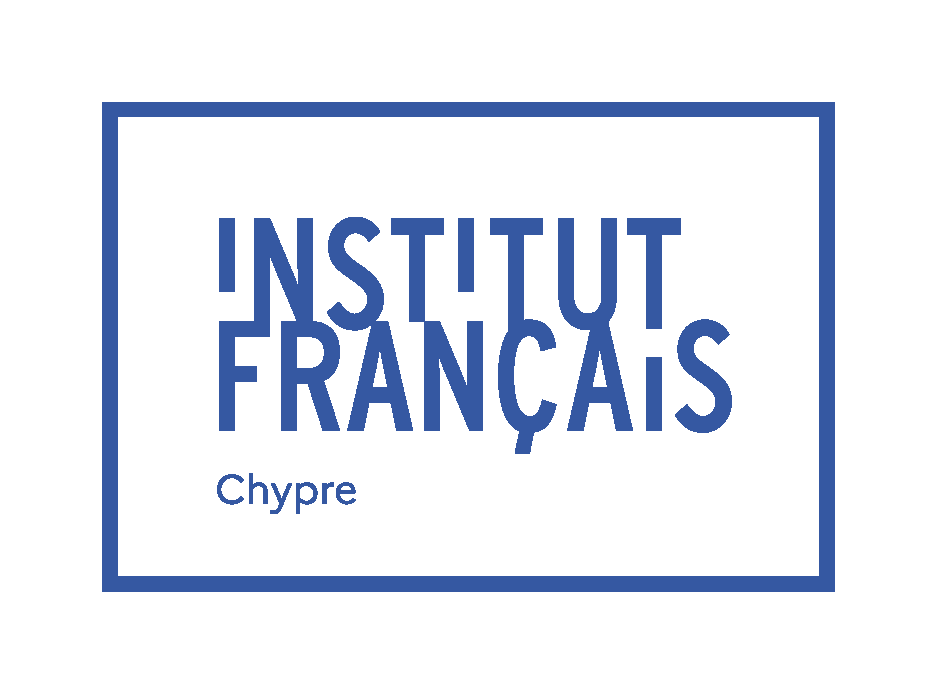Études en France

PREPARING YOUR DEPARTURE
In France, the academic year begins in September or October, depending on the institution and program. It is punctuated by breaks, including a two-week vacation during the end-of-year holiday season. Summer vacation begins in May or June and typically lasts for at least two months.
Students admitted to a French higher education institution are required to pay the Student and Campus Life Contribution (CVEC). The CVEC was established to improve the quality of student life and ensure academic success. In practice, this means that institutions can implement additional measures in areas such as:
- Access to healthcare,
- Social support for students,
- Sports activities,
- Access to arts and culture,
- Student services and welcoming initiatives.
The CVEC fee for 2025 is €103. It will be reassessed annually. The fee is paid only once per year, even if students are enrolled in multiple programs during the same year.
Finding accommodation
For your stay in France, you have many housing options. You can choose to live in student residences and hostels, or to rent a room or an apartment on the real-estate market. Discover all your options on the Campus France website . Don’t forget to ask the staff at your educational institution if they can help: some institutions maintain a stock of housing or have a system for connecting their students with housing providers.
Health insurance and social security.
How to benefit from social (health) coverage? In France, healthcare is almost free, but the National Health Insurance does not fully reimburse consultations. To cover the remaining costs, students can subscribe to a complementary health insurance plan of their choice through traditional general or student mutual insurance companies, as well as classic insurance companies or even banks. Student mutual insurance companies, which then act as "complementary health insurance providers," also carry out prevention and information campaigns in collaboration with the health services of higher education institutions. In most universities, there is a University or Inter-University Service for Preventive Medicine and Health Promotion where students can receive consultations, which are generally free of charge.
What steps should international students take? If you have a European Health Insurance Card, you don’t need to take any additional steps. You can continue using it to access healthcare services in France. You are already covered regardless of when you enrolled in a French higher education institution. If you do not have a European Health Insurance Card, you need to register for the National Health Insurance via the dedicated website etudiant-etranger.ameli.fr. This process is free of charge. International students do not pay to register for French social security.
How to subscribe to a health insurance plan? Choosing to subscribe to a health insurance plan to complement your healthcare reimbursements is entirely up to you. It is not mandatory but highly recommended. It’s your responsibility to take the necessary steps. First, request a quote and compare offers. You can do this with:
- Traditional student mutual insurance providers,
- Insurance companies,
- Banks.
Home and civil liability insurance
These two types of insurance are mandatory.
Home insurance: when moving in, make sure with your landlord that the lease includes affiliation with an insurance organization. If not, you will need to register for one yourself. This insurance is mandatory: as a tenant, you are responsible to the property owner for any damages (fire, water damage, etc.) caused to the apartment during your rental period. Home insurance also covers belongings inside your residence.
Civil liability insurance: this insurance protects against damage you might cause to others in daily life. It may be included in your home insurance policy or your health insurance plan. Again, make sure you are covered!
